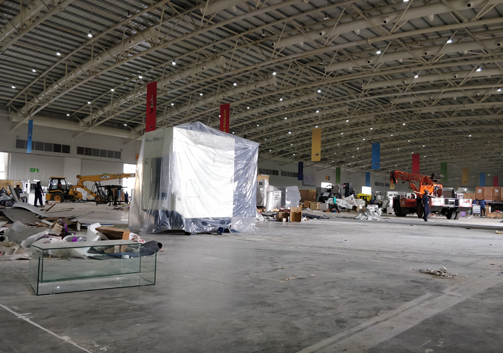Zero waste management is a holistic approach to waste management that aims to reduce the amount of waste produced and to recycle or reuse as much of the waste that is produced as possible. The goal of zero waste management is to eliminate all waste or to reduce it to such a degree that it can be safely and responsibly reused or recycled back into the natural environment. The benefits of zero waste management are many and varied. Perhaps the most important benefit is that it can help to reduce the amount of pollution that is created by waste. For this to take place, we need many zero waste management companies, zero waste companies in India.
Zero waste management compared to other waste management
Zero waste management has many benefits over other waste management methods. For example, it helps to reduce the amount of waste that is produced. It is because instead of throwing away, waste is either reused or recycled. This reduces the amount of waste that goes to landfill and helps to conserve resources. Another benefit of zero waste management is that it helps to reduce greenhouse gas emissions. This is because when waste is recycled, it doesn’t have to be incinerated or put in a landfill. This reduces the number of greenhouse gases that are released into the atmosphere. Zero waste management is also beneficial for the economy. It is when waste is recycled, it can be used to create new products. This helps to create jobs and boosts the economy.
Recycled waste products
Recycled waste products are made from materials that have been used before. This includes things like paper, plastic, and metal. When these materials are recycled, they can be made into new products. For example, recycled paper can be used to make new paper products. Recycled plastic, for the production of, new plastic products, and recycled metal can be used to make new metal-based products. These recycled products are usually just as good as the original products. Sometimes they’re even better.
The positives of recycling waste
It takes less energy than the process of producing new products from raw materials. It means that there are fewer greenhouse gases emitted into the atmosphere. In addition, recycling helps to reduce the amount of water and air pollution. When we recycle, we are also helping to save energy. It takes more energy to produce new products from raw materials than it does to recycle remaining products. This is because recycled materials have already been through the manufacturing process and require less energy to be turned into new products. Recycling also helps with jobs.
Harms of not recycling waste
The most obvious harm is that it contributes to pollution and climate change. As we mentioned before, the process of recycling waste takes less energy than the process of producing new products from raw materials. It means that there are fewer greenhouse gases emitted into the atmosphere. In addition, recycling helps to reduce the amount of water and air pollution. Another harm of not recycling is that it wastes resources. When we throw away products that can be recycled, we are wasting the energy and resources that was for making them.





